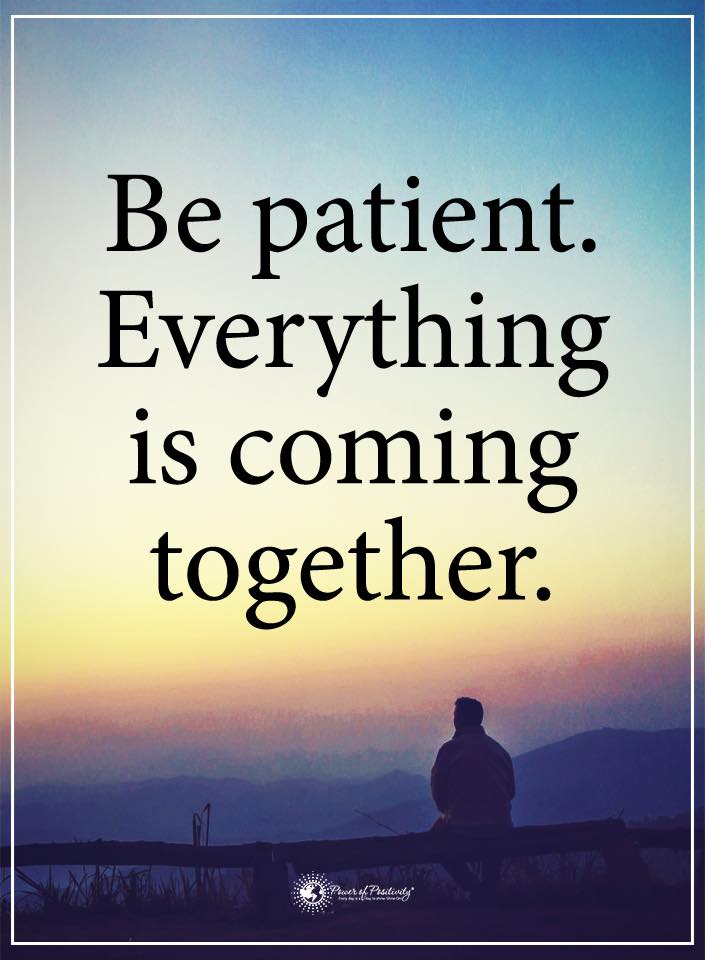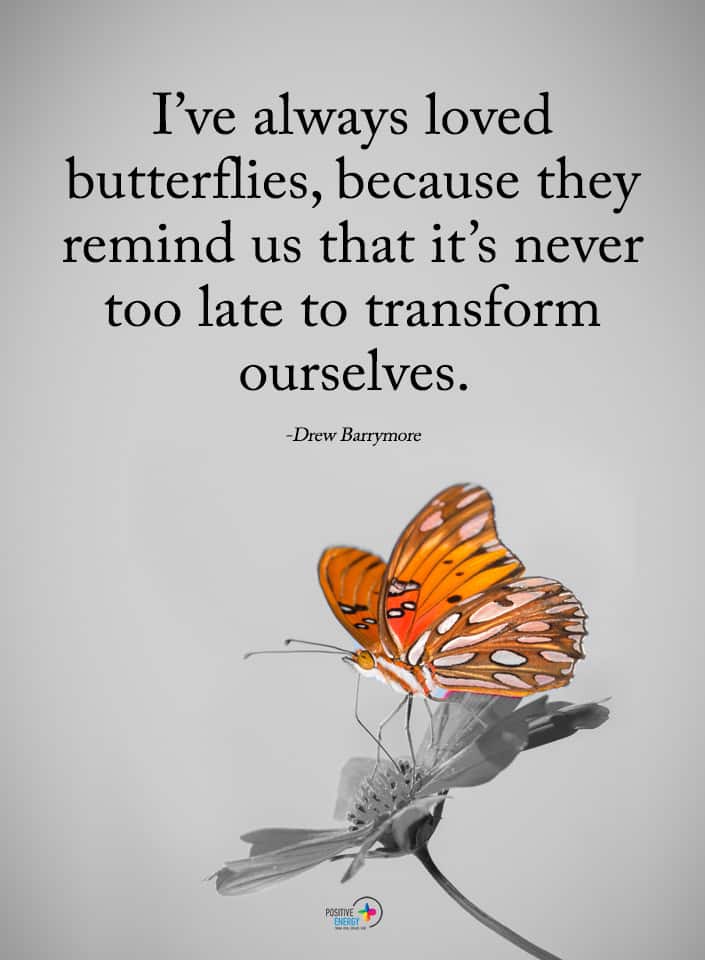At the beginning of a relationship, partners typically ask questions to get to know each other. Usually, conversations revolve around what you do for work, your families, and perhaps past relationships. As time goes on, you feel more comfortable with each other and start sharing things you may keep hidden from others. You might talk about past trauma or secret insecurities, for instance.
Your partner should feel like your best friend, someone you can talk to about anything without judgment. In a healthy, committed relationship, partners will have no barriers to communication and feel secure with each other.
Men and women tend to have different communication styles, with men being more direct. Women aren’t as easy to read sometimes and may withhold information until they feel ready to share.
However, after a certain amount of time in a relationship, a woman will start to have questions for her partner. Below, we’ll go over a few common questions that arise in a woman’s mind when she’s in a long-term relationship.
NOTE: We understand that men, too, have relationship questions. We address the things they hope to ask in a companion article.
8 Questions Women May Have For Their Partner

1. Where is this relationship headed?
After being together for a few months, your partner may want to know what the future holds. A woman needs to feel secure with her man, and not feel like she’s being strung along. So, she may directly ask you where you see the relationship going, and if you’re interested in taking things further.
If you don’t feel the sparks flying with her, it’s best to end things before they get too serious. After all, there’s no point in continuing a relationship that isn’t meant to last. But, if you do feel something special with her, she will want you to express these emotions somehow.
Every relationship reaches this point where you can either part ways or continue your journey together. It’s a typical question that a woman secretly wants to ask, so don’t hesitate to lay the cards on the table.
2. Where do you see yourself in 5 years?
If you’re planning a future together, a woman will want to know about your aspirations. If you have a certain vision or goal in mind, it can impact every aspect of your life. For instance, wanting to become an actor or film director may require a move to a different state. Of course, if a woman truly loves you, she will have no issue moving to support your dreams. Questions about the future will inevitably arise in a relationship, and discussing them can help you plan ahead.
3. What do you love most about me?
In a study on questions that generate closeness between partners, sharing positive characteristics about your SO topped the list. Especially in women who prefer words of affirmation as their love language, kind words can foster a deeper connection. The study found that asking this question early in the relationship may accelerate the bond between partners.
The ability to feel vulnerable forms the foundation of a healthy partnership, but allowing someone into your heart requires trust as well. As soon as you both feel comfortable, share a few things that you admire about each other. Most women secretly want to ask this question, as it reaffirms your feelings about her.
4. Is there anything you want me to change?
Some women may harbor insecurities about relationships, perhaps due to partners in the past. As such, she may want to ask questions regarding weird quirks or habits you dislike about her. Maybe she genuinely wants to ensure your happiness by seeing how she can improve. Or, it could be a way to ease into a conversation about things she’d like you to change.
Either way, this question doesn’t necessarily signal a problem in the relationship. Being able to talk openly about difficult topics is actually a sign of a thriving partnership, on the contrary.
5. What life goals do you have?
Questions about the future creep into a woman’s mind quite often in relationships. She will eventually want to know more about your dreams, not necessarily tied to a career. For instance, maybe you have longed to travel the world since childhood. She may share your passion for seeing new places and want to tag along, which means you’re on the same page. It’s important to discuss long-term goals and desires in relationships to gauge how well you mesh with each other.
6. Do you want children?
Perhaps one of the most crucial questions to ask your partner, the topic of children can easily make or break a relationship. For example, if you want children and your partner doesn’t, that will create tension in the long term. Relationships can only last if both people want the same things in life, generally speaking. So, this question will likely come up in the early stages of a relationship to test compatibility.
7. What does your family think about me?
A woman will usually want to ask this question to see how well she fits in with her family. Most people have close relationships with their parents and want a partner who can blend easily. When the in-laws approve of a relationship, it makes future interactions much smoother and more enjoyable. So, women naturally want to ensure they’re making a good impression with their partner’s family.
8. Why did your past relationships end?
Women who ask these types of questions want to know how they compare to their exes. This isn’t necessarily because they feel jealous or insecure; they just wonder what makes them different. They want to know what you see in them that you didn’t find in your past relationships. Also, in the early stages of a relationship, they may ask this to understand your relationship patterns and habits.
Final Thoughts on Common Questions Women Ask in Relationships
As inquisitive beings, women tend to have a laundry list of questions for their partners. In fact, most people interested in a committed relationship will naturally ask questions to understand their partner better. In the beginning, many couples prefer sticking to small talk and “safe” conversational topics. However, the discussions usually become more meaningful after a couple feels comfortable with one another.
So, if your woman asks you the questions listed above, it may mean she’s interested in something more serious.












